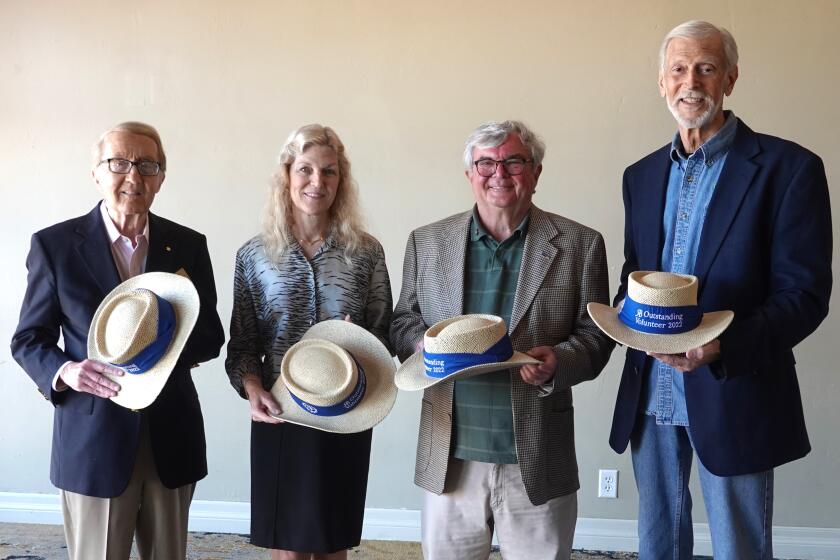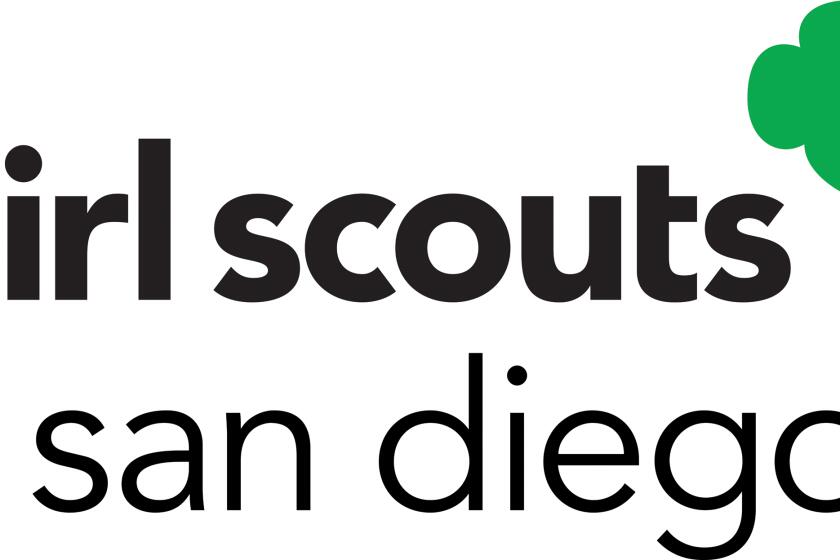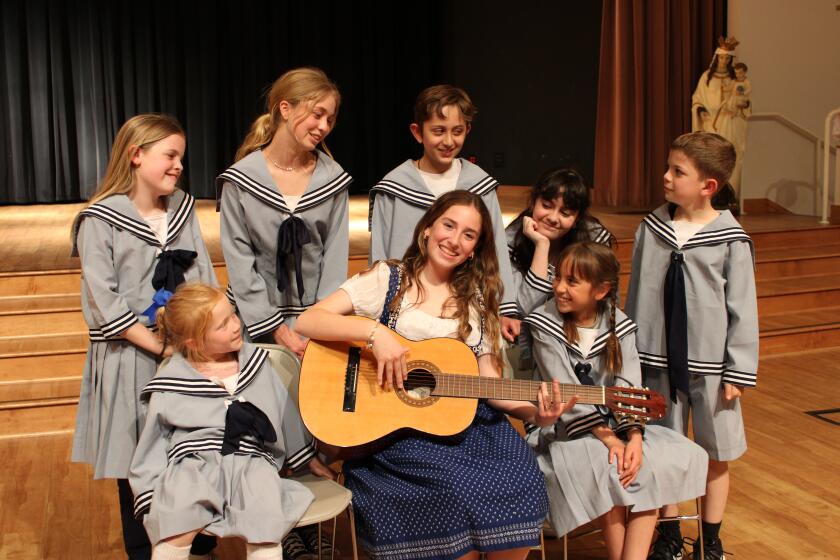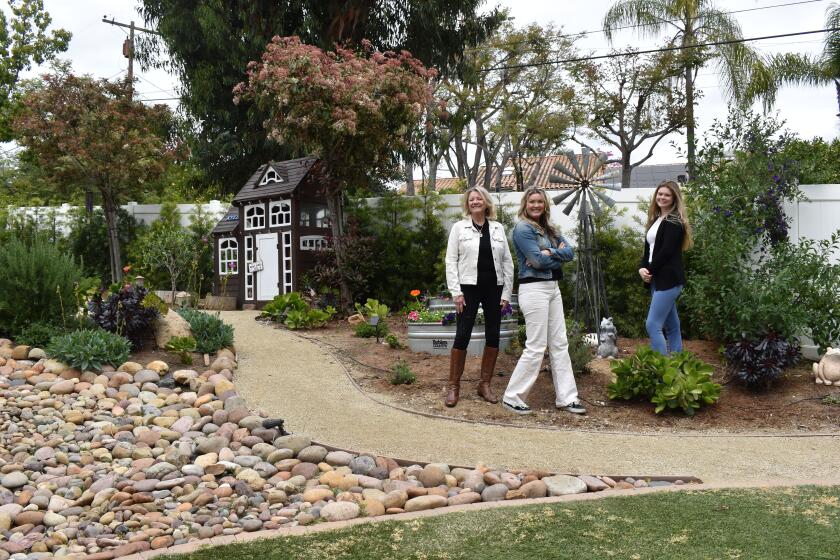UPDATED: Pack meals for the Philippines on Sunday
UPDATE: FFCC officials announced Thursday that enough money was raised to pack 300,000 meals on Sunday, Jan. 5. Now all that is needed is volunteers. The event will go from 9 a.m. to 5 p.m. at Westview High School. To reserve a volunteer time slot, go to
.
By Elizabeth Marie HimchakVolunteers and another $15,000 are needed to pack 300,000 meals on Sunday so Friends & Family Community Connection can help those in devastated parts of the Philippines.
The Rancho Bernardo-based organization is also seeking monetary donations so it can provide fishing boats and equipment to those trying to rebuild their lives, and send water filters in order to decrease water-bourne illnesses. It also needs donations of over-the-counter medical items so it can ship hygiene and first aid kits.
The food packing is set for 9 a.m. to 5 p.m. Sunday, Jan. 5 at Westview High, 13500 Camino del Sur in Rancho Penasquitos. As of Tuesday, the event was set to end at 1 p.m. due to current funding for the meals. However, Volunteer Coordinator Tina Socha said she is adding more packing time slots as money comes in to pay for additional meals. The group has enough for 200,000 meals, but if an additional $15,000 is raised could fill enough easy-to-prepare nutritious rice-based meal kits to provide 300,000 meals. They will be shipped on Jan. 8.
To volunteer, go to
- To donate money, send a check to FFCC, 12463 Rancho Bernardo Road PBM #158, San Diego, CA 92128 or pay via PayPal or credit card on the group’s website. Indicate the project being supported — meals, boats or water filters. Over-the-counter medications — see list on website — can be brought to the food packing or left at Dream Dinners, 12218 Poway Road, Suite 100 in Poway. If it is closed, leave items at the door. All donations are tax-deductible.
A nine-member team led by Poway resident and FFCC Founder Phil Harris spent Dec. 12 to 23 helping those on the islands of Cebu, Bohol and Leyte.
“Overall the trip was very successful,” Harris said, adding he is very proud of the team and community for helping those whose lives were turned upside down by the 7.1 earthquake in Bohol on Oct. 15 and Typhoon Haiyan in early November. The latter has been described by experts as potentially the strongest recorded tropical cyclone to hit land due to sustained winds of 195 miles per hour and gusts up to 235 mph.
In addition to Phil Harris, the team consisted of Poway resident Bryce Rauterkus; San Diego residents John Lambert and Maria “Malou” Mallari; and Azusa Pacific University students Sophia Alecci, Sean Harris (Phil’s son), Elysha McAllister, Psalmslyra Rojas and Jordyn Sun.
They helped with debris cleanup; provided activities for children while their parents dealt with the natural disasters’ aftermath; installed almost 100 water filters at hospitals, medical clinics and residential areas; trained others in water filter installation; distributed meals and first aid/hygiene kits; and established a boat program that over the next six months could potentially help 100 fishermen and their families plus 200 widows and their children.
Throughout the trip, which each team member paid for, they slept on the floor of buildings or on the ground in tents, routinely were soaked due to daily rains, had no shower facilities and continued their physical labor despite mosquitoes, 90-plus degree temperatures, high humidity and constant, “horrendous” stench due to decaying human and animal corpses plus rotting debris. “No one complained,” Harris said when talking about the conditions and hard labor performed by the team.
Harris, who went to the Philippines in late November to assess the situation and lay the aid groundwork with government and community officials, said that trip sparked his idea for a fishing partnership between locals and FFCC.
Through the program, FFCC will provide fishermen with boats and equipment made in the country’s unaffected areas. This gets the fishermen who lost all equipment needed for their livelihood back to work. In return, the fishermen agree to share their catch with the new widows who have children to support alone due to the deaths of their husbands in the typhoon. Harris said family sizes are matched, so fishermen with small families help widows with several children and vice versa. He also got government officials to waive the fishing taxes and fees.
There are overseers to make sure all uphold the agreement and if not, FFCC can take away the boat and give it to fishermen who will fulfill the responsibility of helping other families, Harris said. At the end of each day, the catch is weighed and each fishermen donates 20 percent of the total — two widows each receive 10 percent. The widows can use the fish to feed their families or sell it for income. Each boat can hold two fishermen.
Harris said a few boats have been provided and over the next six months FFCC’s goal is to provide 50 boats, which means help for 100 fishermen and 200 widowed families. Each boat bundle costs $1,000 — $400 for the boat and oars, $250 for the boat motor, $75 for gas tanks and $275 for fishing net and accessories.
Socha said those who want to donate money toward the boats or water filters need to indicate the project they are supporting. As for the water filters — $45 each — she said they are simple devices that due to .1 micron holes in the tubing filter out contaminants that are .5 microns or larger.
She said the filters are very effective in preventing illness due to contaminated water. On FFCC trips to Tanzania and Haiti, Socha said this is how volunteers get drinkable water in lieu of buying bottled water.
“The filters work great and the water tastes better because all the sediment is out,” she said. Due to its simplicity, no replacement parts are needed — only periodical back flushing of the filter.
As for how long FFCC’s assistance will continue in the Philippines, Harris said it depends on need. Unlike Tanzania, which for years has received meals, he said meals will only be sent to the Philippines until crops can be grown again. Due to the storm, crops were destroyed and the sodium level in the soil is too high right now to grow anything, Harris said. In addition, it takes at least six months to plant and harvest rice — the primary crop — so he said officials are looking into growing vegetables that would take significantly less time to produce.
Harris estimates FFCC meals will be needed for at least nine to 12 months. FFCC’s shipment of 300,000 meals in early December is expected to arrive by mid-January. The Jan. 8 shipment should arrive by late February.
FFCC is planning another Philippines team trip in May. For details on joining, go to
.





